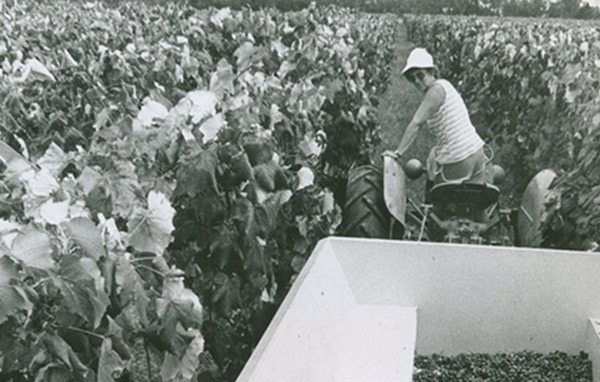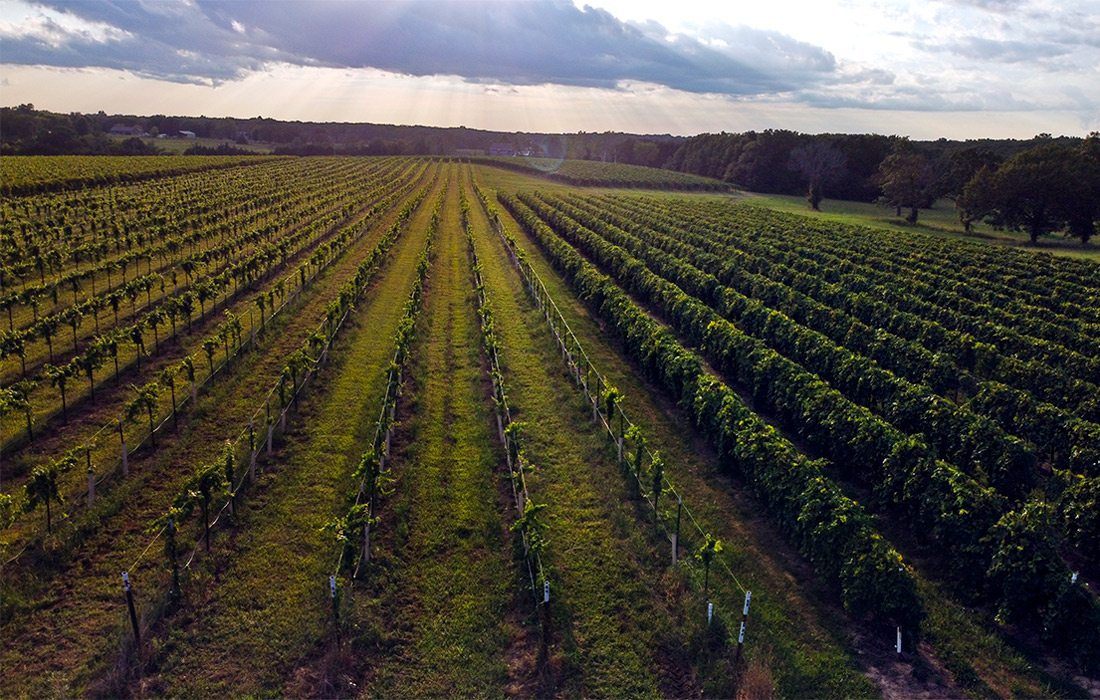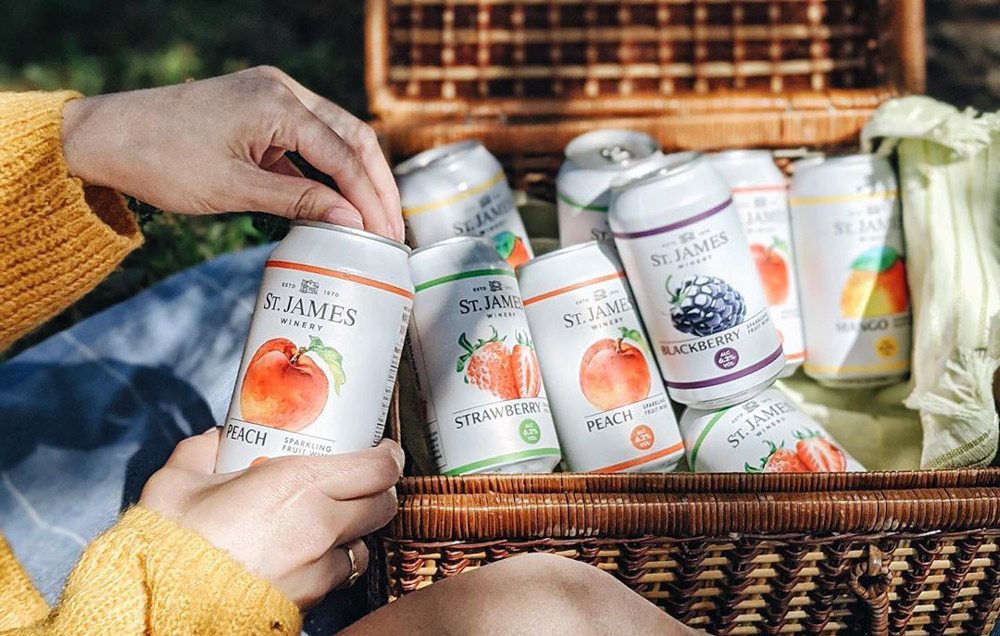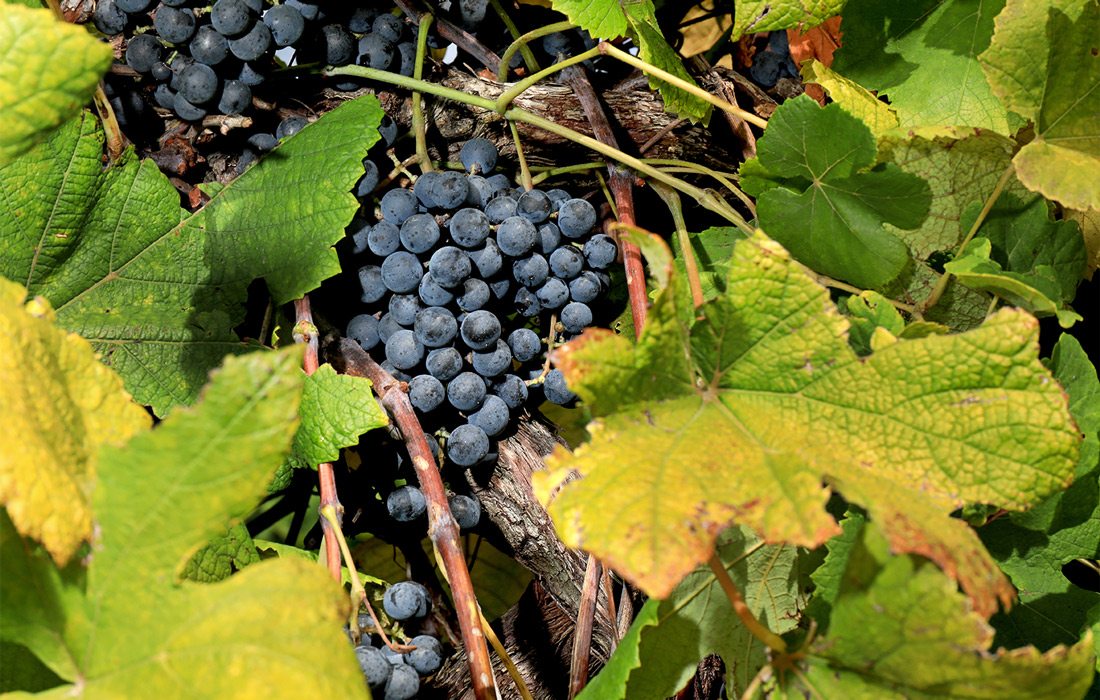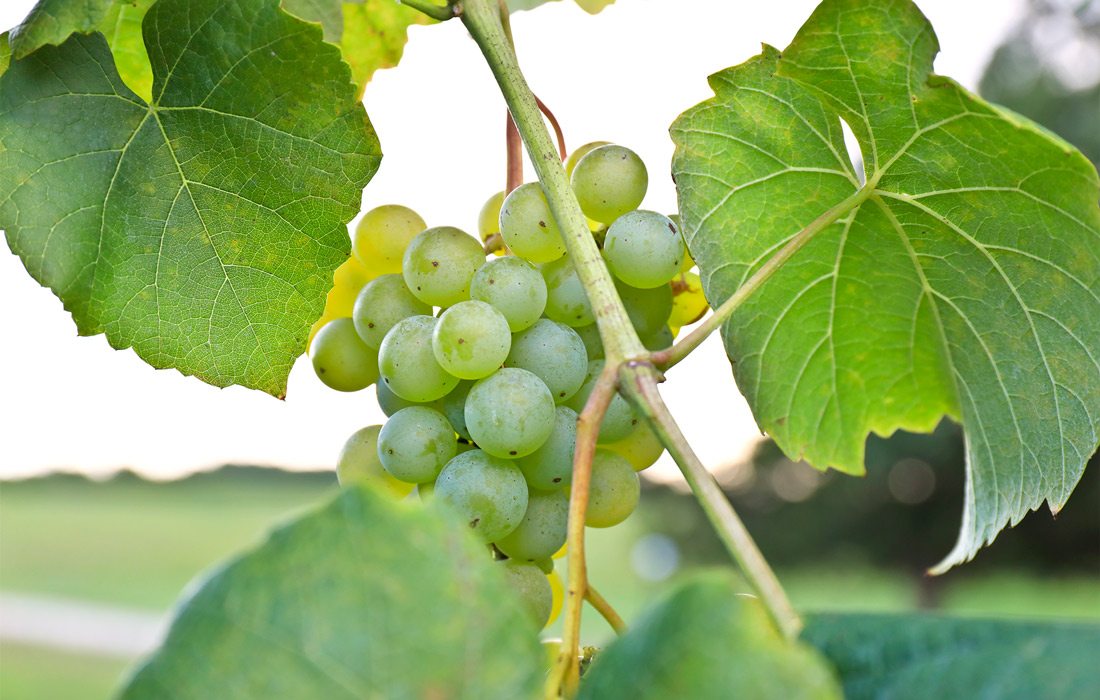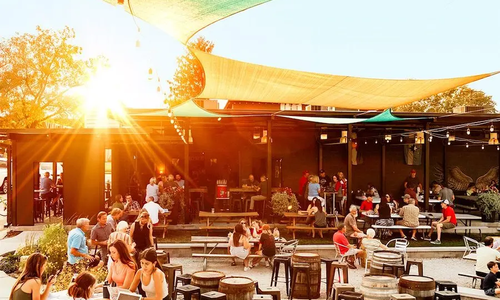Will Missouri be the next Napa Valley of the Midwest? It could be.
It’s really not that far-fetched. Peter Hofherr, chairman and CEO of St. James Winery and chairman of the Wine and Grape Board says before prohibition, the three leading wine producing states were New York, California and Missouri. Once prohibition hit, all that changed. Today, Missouri has moved from the top three wine producing states to the top 10, and it’s known for producing sweeter wines, but that is changing.
As climate change causes Missouri’s growing season to shift, and new weather patterns mean the state can grow a whole new crop of varietals, the Show Me state is investing big in its wine industry. Here are five reasons you should start paying attention to Missouri wine and start adding a few local bottles to your wine cellar.









